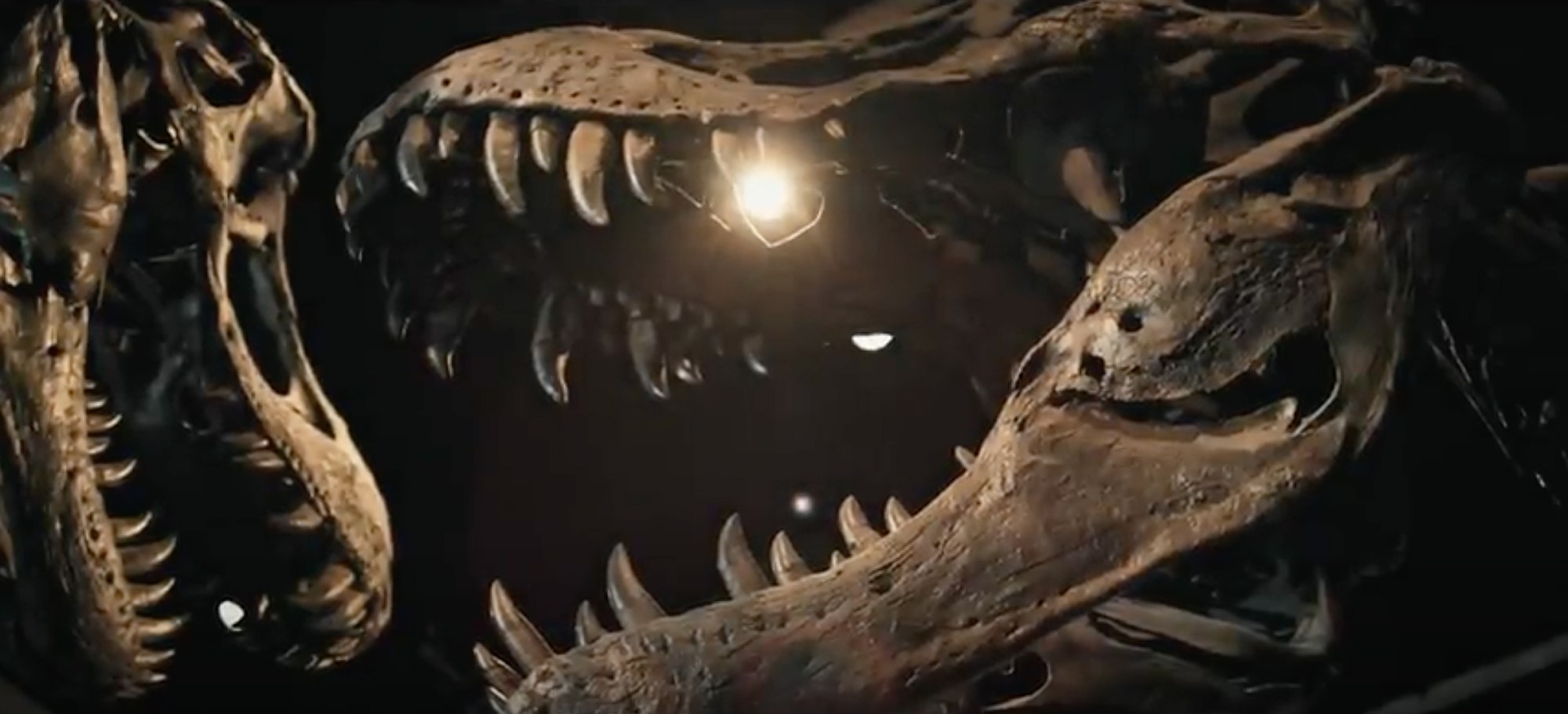
- Film
Docs: Eating Our Way to Extinction
In awards season speeches for his lauded performance in Joker, in 2020, Joaquin Phoenix first thanked the Hollywood Foreign Press Association for recognizing the link between animal agriculture and climate change by serving a plant-based meal at the Golden Globes. One month later, in his Academy Award acceptance speech, he condemned speciesism (and specifically the dairy industry taking baby calves from their mothers), connecting the issue to broader fights against injustice and the belief that any one nation, people, race, or gender has the right to dominate, control, use, and exploit another with impunity.
These entreaties for veganism were heartfelt and delivered in the actor’s characteristically halting and deeply inwardly reflective style. They were, naturally, met with a wide variety of public reactions, ranging from supportive embrace to mocking dismissal. But in both tackling a set of incredibly complex and difficult issues and also attempting to connect them to everyday personal choices as well as activism or higher profile causes with which viewers might already be more familiar, Phoenix undeniably used his social capital to take big, brave swings in two moments where he had enormous platforms.
This fact came to mind watching the sprawling, well-intentioned, and passionately argued Eating Our Way to Extinction, a new documentary that bows in select cinemas on September 16 and attempts to connect the pernicious influence of agribusiness – which includes not merely red meat, but poultry, farmed fish and more – with global warming, climate deterioration, and other vectors of risk for the future of humankind. Narrated by Kate Winslet, this movie, too, takes a big swing. It unfolds in a harried barrage of statistics and intensely packaged narrative hors d’oeuvres. But while most passages are eye-opening and some are persuasive, it also never quite locates a cohesive vision or even a settled tone.
A globe-trotting affair, the movie takes viewers from Brazilian rainforests, Norwegian fish farms, and the Mongolian desert to corporate boardrooms and everywhere in between. For the most part eschewing the type of emotional appeal which informs a lot of advocacy-rooted nonfiction, co-directors Otto and Ludo Brockway make the conscious choice to avoid a lot of moral scapegoating or shaming about consuming meat. Neither does the film bore down on the maltreatment of animals with graphic footage. Instead, Eating Our Way to Extinction focuses on the manner in which animal agriculture connects to everything from antibiotic resistance and ocean dead zones to species loss and carbon dioxide and methane emissions.
Richard Branson (an executive producer on the film), motivational speaker Tony Robbins, and a couple of other recognizable faces pop up. But for the most part, Eating Our Way to Extinction is a decidedly scientific affair, with interviewees like scientist Sylvia Earle, economist Jeremy Rifkin, environmental researcher Joseph Poore, and physician/author Michael Greger giving voice to all sorts of distressing details. This informational spigot extends to Winslet’s narration, which diverges from the type of big-picture voiceover for which celebrities are often brought in, into very granular data points.
Some of the statistics cut through the noise and have a pinprick immediacy – like the reminder that 660 gallons of water are necessary to produce a single hamburger, as well as the fact that the United States government offers fruit and vegetable farmers $20 million in subsidies while underwriting the meat and dairy industries to the tune of $38 billion. There’s some revelatory research, too, on bioaccumulated plastics in the flesh of fish. Unfortunately, a lot of this material just doesn’t feel set up or sequenced quite right.
Understandably, the filmmakers want to strike a balance between entertaining and confronting viewers, educating and scolding them. But their earnestness and doggedness in attempting to connect various dots yield to a manic and jumbled sensibility, in which no unifying vision can come into focus and pull along an audience. The movie thus takes on, editorially at least, a slightly improvisational feel, including some odd tonal tangents – most robustly embodied by an oddly juxtaposed comedic segment from RT America television host Lee Camp.
At only 81 minutes, Eating Our Way to Extinction is never not engaging for those interested in environmental or health issues, flitting as it does from topic to topic. Plus, it both makes the case that there is an ethical component to food choice, and fairly convincingly advances the assertion that individual dietary choice would actually have a meaningful impact on the sustainability of Earth’s natural resources. Alas, the film doesn’t proffer workable solutions on how to help create social opinion change at scale, and it isn’t structured and packaged potently enough to connect with and win over skeptics.

